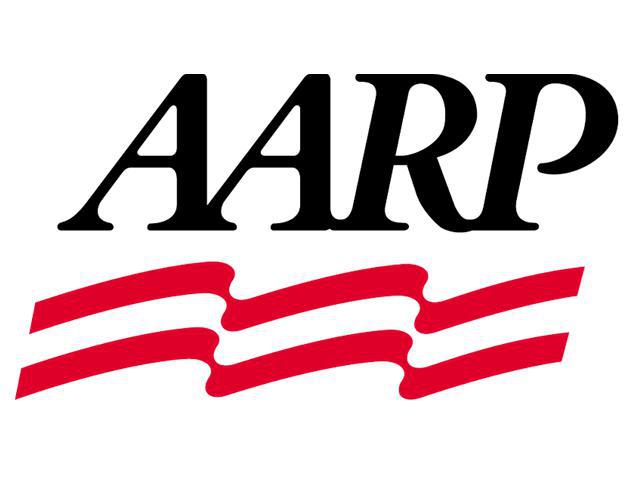Novartis : CAR-T cell therapy CTL019 unanimously 10-0 recommended for approval by FDA advisory committee to treat pediatric, youthful adult r/r B-cell ALL
By a News Reporter-Staff News Editor at Cancer Vaccine Week — Novartis announced that the US Food and Drug Administration (FDA) Oncologic Drugs Advisory Committee (ODAC) unanimously (10-0) recommended approval of CTL019 (tisagenlecleucel), an investigational chimeric antigen receptor T cell (CAR-T) therapy, for the treatment of relapsed or refractory (r/r) pediatric and youthful adult patients with B-cell acute lymphoblastic leukemia (ALL) (see also Pharmaceutical Companies).
“The panel’s unanimous recommendation in favor of CTL019 moves us closer to potentially delivering the first-ever commercially approved CAR-T cell therapy to patients in need,” said
. “We’re very proud to be expanding fresh frontiers in cancer treatment by advancing immunocellular therapy for children and youthfull adults with r/r B-cell ALL and other critically ill patients who have limited options. We look forward to working with the FDA as they accomplish their review.”
Acute lymphoblastic leukemia comprises approximately 25% of cancer diagnoses among children under fifteen years old and is the most common childhood cancer in the US1. Effective treatment options for patients with r/r ALL are limited. In pediatric and youthful adult patients with B-cell ALL that have relapsed numerous times or become refractory to treatment, the five-year disease-free survival is less than 10-30%2,Three,Four.
The ODAC recommendation is based on review of the CTL019 r/r B-cell ALL development program, which includes the Novartis-led ELIANA examine (NCT02435849), the very first pediatric global CAR-T cell therapy registration trial. Findings from a US multicenter trial and a single site trial examining the safety and efficacy of CTL019 among pediatric and youthfull adult patients with r/r B-cell ALL also supported the recommendation and the Biologics License Application (BLA)Five.
CTL019 was very first developed by the University of Pennsylvania (Penn) and uses the 4-1BB costimulatory domain in its chimeric antigen receptor to enhance cellular responses as well as persistence of CTL019 after it is infused into the patient, which may be associated with long-lasting remissions in patients. In 2012, Novartis and Penn entered into a global collaboration to further research, develop and commercialize CAR-T cell therapies, including CTL019, for the investigational treatment of cancers. Children’s Hospital of Philadelphia (CHOP) was the very first institution to investigate CTL019 in the treatment of pediatric patients and led the single site trial.
“It is encouraging to see the FDA panel’s recommendation and continued momentum behind this innovative therapy, which has potential to help youthful patients with relapsed/refractory B-cell ALL,” said the Penn team’s leader,
, MD, the Richard W. Vague Professor of Immunotherapy, director of the Center for Cellular Immunotherapies in Penn’s Perelman School of Medicine and director of the Parker Institute for Cancer Immunotherapy at Penn. “We look forward to continuing to work with Novartis to help make a lasting influence on the way this disease is treated.”
“We know firsthand from treating children and youthfull adults with relapsed/refractory B-cell ALL that they despairingly need innovative medicines that provide a fresh treatment to managing this aggressive disease,” said
, MD, PhD, the Yetta Deitch Novotny Professor of Pediatrics at the Perelman School of Medicine at Penn, Director of the Cancer Immunotherapy Frontier Program and Chief of the Section of Cellular Therapy and Transplant at CHOP. “Today’s vote in favor of CTL019 is a positive step and we appreciate Novartis’ commitment to pediatric patients.”
Earlier this year, Novartis submitted a BLA for CTL019 to the FDA , marking the very first subordination by Novartis for a CAR-T cell therapy. CTL019 previously received FDA Breakthrough Therapy designation and is under Priority Review by the FDA . The FDA will consider the vote as it reviews the BLA, albeit it is not obligated to go after the recommendation. Novartis resumes to invest in the necessary infrastructure for the potential commercialization of CTL019, including manufacturing and the establishment of a network of certified treatment centers.
Novartis plans extra filings for CTL019 in the US and EU later this year, including applications with the FDA and European Medicines Agency (EMA) for the treatment of adults with r/r diffuse large B-cell lymphoma (DLBCL).
Keywords for this news article include: Antigens, Biotechnology, Biomedical Engineering, Biomedicine, Pharmaceutical Companies, Cancer, Oncology, Immunology, Pediatrics, FDA Deeds, Novartis AG , Cell Therapy , Immunotherapy, Blood Proteins, Immunoglobulins, B-Cell Receptors, Biological Therapy, Drugs and Therapies, Acute Lymphoblastic Leukemia.
Our reports produce fact-based news of research and discoveries from around the world. Copyright 2017, NewsRx LLC
(c) two thousand seventeen NewsRx LLC, source Health Newsletters

No comments